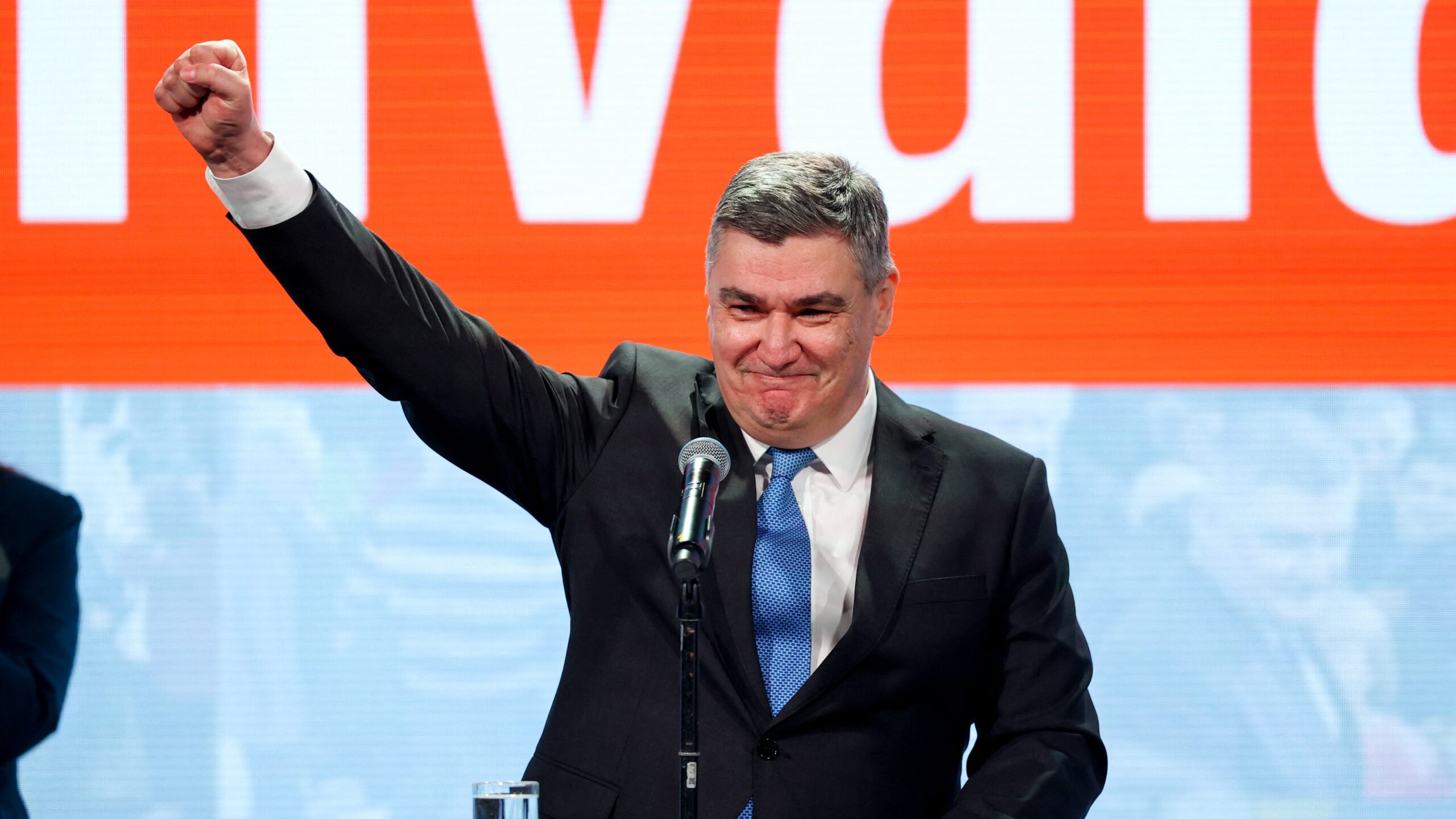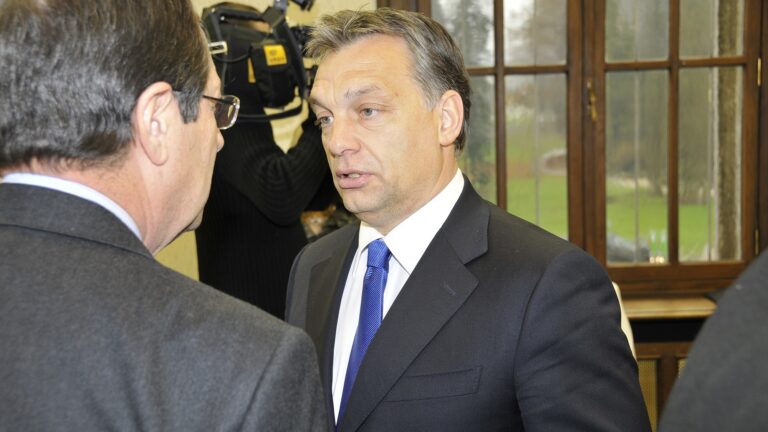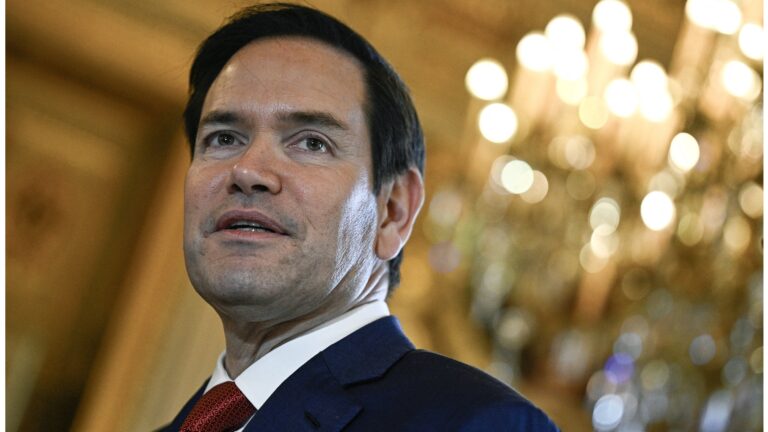Croatian President Zoran Milanović has recently been re-elected for a second term. In the second round of the presidential election he faced Dragan Primorac, backed by the governing Croatian Democratic Union (HDZ). Zoran Milanović, who has been president of Croatia since 2020, is supported by the opposition, the Social Democratic Party (SDP).
Underperforming all previous HDZ results, Dragan Primorac achieved the worst-ever results in the party’s history, securing just 25 per cent of the vote in the second round. Milanović, on the other hand, won a staggering 75 per cent of the vote at a 44 per cent turnout rate. It was clear from the beginning of the race that he had the support of a decisive majority of the populace, and there was a need for a second round only because, with as few as 5,000 votes, he fell short of the required absolute majority.
The first round of the presidential elections in December was the third vote in Croatia in 2024: a snap parliamentary election was held in April (won by HDZ, securing Andrej Plenković’s seat as prime minister for another term); then the European Parliament election happened during the summer (with HDZ winning the race with 35 per cent of the votes); and finally, the first round of presidential elections took place in December.
Disappointed by the results, Croatian Prime Minister Andrej Plenković said Milanović ‘offers nothing‘ to the electorate. Albeit in Croatia the president’s role is mostly ceremonial, due to his popularity, Milanović has been a thorn in the Plenković-led HDZ’s side. Milanović regularly criticizes the HDZ leadership, especially for the alleged corruption in the country. At the height of the dispute between the HDZ and Milanović, the president even entertained the possibility of running in Croatia’s parliamentary elections in 2024 as the Social Democratic Party’s candidate for prime minister. The Constitutional Court, however, ruled the idea unconstitutional—unless he resigns from his post as president first, which Milanović was unwilling to do. The Court held that the president should not be a party-political figure but should rather unite citizens across political and ideological lines.
Over the past three years Milanović earned himself the reputation of being ‘the Croatian Donald Trump’. He became internationally well-known for his opposition to and critique of the West’s military support to Kyiv. The re-elected president condemned Russia’s invasion of Ukraine, while he was also a vocal critic of Europe’s attitude towards the conflict. Milanović came out against sanctioning Russia, arguing that they damage the European economy, while also outlining that sanctions actually facilitated closer cooperation between Moscow and Beijing.
‘Over the past three years Milanović earned himself the reputation of being “the Croatian Donald Trump”’
In addition, the Croatian president also snapped Western military aid for prolonging the war in Eastern Europe, insisting that it is ‘mad’ to assume that Russian can be defeated in a conventional war. Last year Milanović also blocked the dispatch of Croatian military officers to the Security Assistance and Training for Ukraine, a NATO mission aimed to aid Kyiv.
In his victory speech earlier this week Milanović underlined that as president he is committed to continuing exercising the military powers (as commander-in-chief of the Armed Forces of Croatia) the presidency affords him.
Due to his outspoken criticism of the West’s measures assisting Ukraine, Milanović was placed on the Ukrainian online blacklist Myrotvorets and was accused of deliberately undermining the national security of Ukraine.
Else than his criticism of Kyiv, Zoran Milanović is also a vocal critic of Brussels. During the election campaign he called the EU ‘in many ways non-democratic’, stressing that it is run by unelected bureaucrats. ‘The EU cannot function with the Brussels bureaucracy dictating everything’ he said earlier during his trip to Hungary, and opined that in absence of clear criteria, the allocation of funds in the European Union is decided on the basis of the law of the stronger. (It is interesting to note that Croatia joined the EU in 2013 during Milanović’s premiership: he served as the country’s prime minister between 2011-2016.) Else than highlighting Brussels’ democratic deficit, Milanović also named immigration, whilst criticizing the EU’s migration policies, as Croatia’s top challenge.
The re-election of Zoran Milanović was widely welcomed by the Hungarian political right. His victory was celebrated not only because he shares the governing coalition’s view on immigration and the war in Ukraine, but also because he has stood up for Hungary on multiple occasions. Criticizing Brussels’ treatment of Budapest (upon freezing billions of euros funding due to Hungary) Milanović warned that a ‘United States of Europe’ approach to sanctioning member states jeopardizes the future of the Union. ‘This sort of approach is deeply irritating,’ Milanović said, adding that it is highly possible that ’today it is Hungary, tomorrow it will be some bigger country that will need to be “taught a lesson”.’ The president has made it clear that in his view the EU sanctions Hungary exclusively for ‘ideological reasons’, and has pledged to do his best to stop Brussels’ efforts to harm Budapest. Albeit Milanović did remark that he disagrees on some ‘ideological issues’ with Hungary, he also underscored in 2023 that he is ‘happy to (…) talk to people who are not enemies’.
Related articles:








